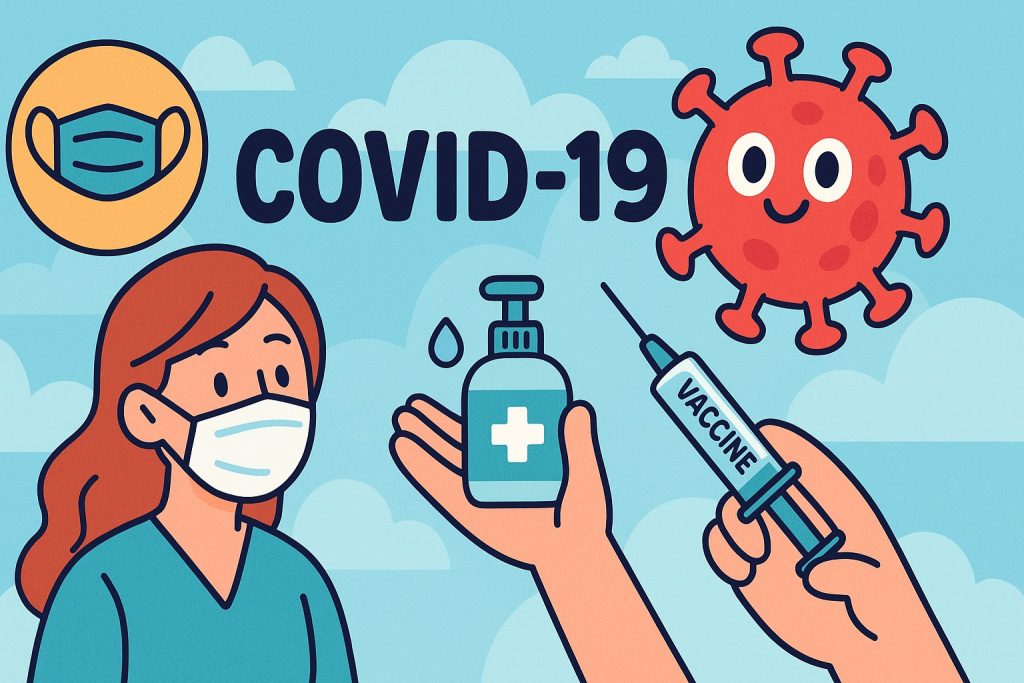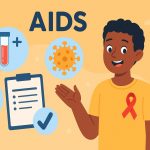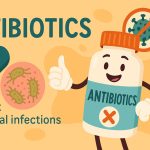COVID-19 is an infectious disease caused by the SARS-CoV-2 virus, which first emerged in late 2019. It led to a global pandemic, affecting millions of lives, economies, and healthcare systems. Despite its serious impact, humanity responded with science, collaboration, and resilience, leading to important lessons and advancements in medicine and public health.
How COVID-19 Spreads and Affects the Body
COVID-19 primarily spreads through respiratory droplets when an infected person coughs, sneezes, or talks. The virus can also spread via surfaces and aerosols in crowded or poorly ventilated indoor environments. Once inside the body, it mainly targets the respiratory system, though it can affect other organs as well.
Symptoms vary widely—from mild cold-like signs to severe pneumonia. Common symptoms include fever, cough, loss of taste or smell, fatigue, and shortness of breath. Some individuals remain asymptomatic, meaning they carry the virus without showing any symptoms but can still infect others.
Key Measures for Prevention
Several preventive strategies have proven effective in reducing the spread of COVID-19:
- Wearing face masks in public
- Practicing physical distancing
- Frequent handwashing or using sanitizers
- Ventilating indoor spaces
- Vaccination
These practices, when widely adopted, significantly reduced infection rates and protected vulnerable populations.
The Role of Vaccines
Vaccines have played a crucial role in managing the pandemic. mRNA vaccines like Pfizer-BioNTech and Moderna, as well as viral vector vaccines like AstraZeneca, were rapidly developed and distributed globally. They have proven effective in preventing severe illness, hospitalization, and death.
Vaccination also helps reduce the spread of the virus and the emergence of new variants by building herd immunity.
Long-Term Effects and Ongoing Research
Some people experience long COVID, a condition where symptoms persist for weeks or months after recovery. Research is ongoing to better understand its causes and treatment.
The pandemic has also accelerated innovations in telemedicine, digital health tracking, and global coordination among scientists and policymakers.
What the World Has Learned
The COVID-19 pandemic emphasized the importance of:
- Investing in public health infrastructure
- Early detection and data sharing
- Global cooperation in vaccine development
- Combating misinformation
- Maintaining emergency preparedness
These insights are shaping how the world responds to future pandemics.
Glossary
- COVID-19 – A disease caused by the SARS-CoV-2 virus, affecting the respiratory system.
- SARS-CoV-2 – The coronavirus responsible for the COVID-19 pandemic.
- Respiratory droplets – Tiny droplets expelled during coughing or talking that can carry viruses.
- Asymptomatic – A condition in which a person has an infection but shows no symptoms.
- mRNA vaccine – A vaccine that uses a copy of a genetic code to teach cells how to fight viruses.
- Herd immunity – When a large portion of the community becomes immune, indirectly protecting those not immune.


